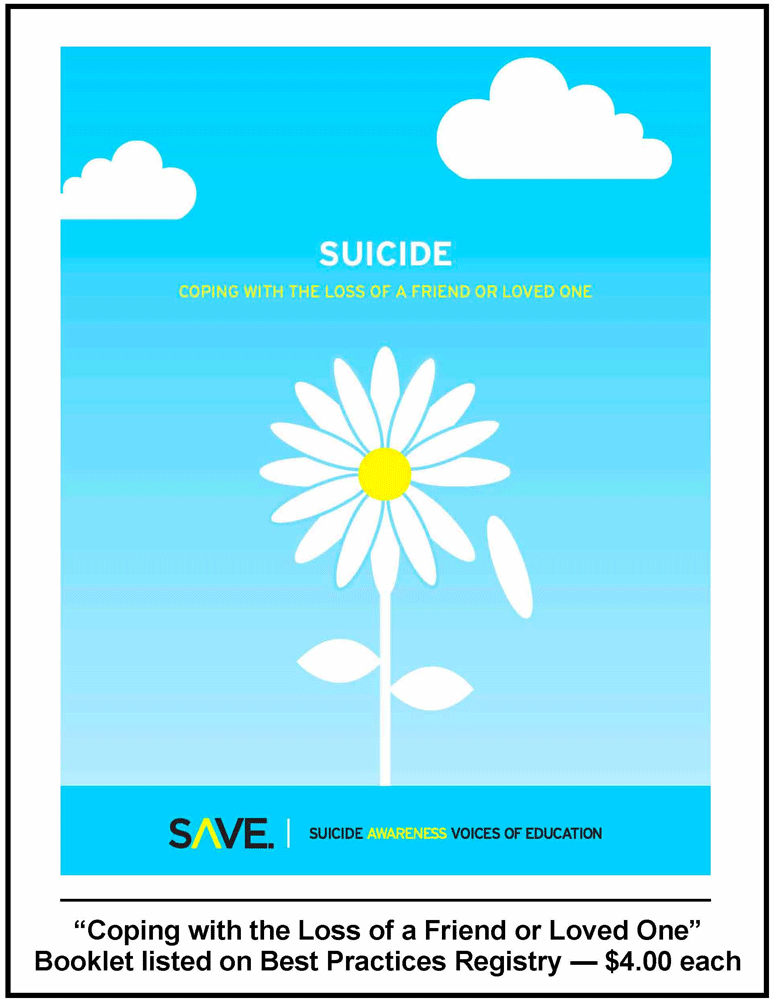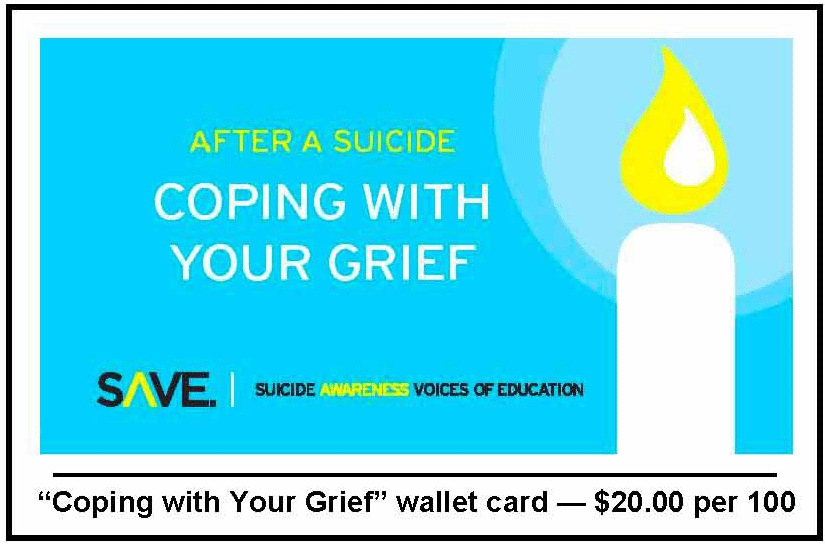Posttraumatic Growth Getting Attention
In "Studying the Positive Side of Trauma and Grief," Philadelphia Inquirer staff writer Stacey Burling takes a look at a key concept that is currently getting a lot of attention in grief and trauma research. The concept is that, after a tragedy, "most people bounce back to baseline, and some emerge from disaster stronger and better, at least in some ways." Those who discover new, sometimes transformational, characteristics within themselves after a tragedy are experiencing "what psychologists call posttraumatic growth (PTG), the lesser-known sibling of post-traumatic stress disorder."
Richard Tedeschi and Lawrence Calhoun of the University of North Carolina at Charlotte coined the term posttraumatic growth in 1995.
"This is ancient," said Tedeschi ... "This is what all religion is based on: how you deal with suffering ... It's just that psychology for one reason or another didn't want to deal with it and found it suspect."
A number of recent research studies among cancer survivors confirm PTG as an outcome, and studying the phenomenon is a priority for both the National Cancer Institute and the U.S. Army.
One of Tedeschi and Calhoun's conclusions may have implications for peer support programs for the suicide bereaved. They said that people affected by trauma may need "an 'expert companion' -- not necessarily a therapist -- who can help them express their feelings and manage their anxiety."
The two researchers use an assessment instrument, the Posttraumatic Growth Inventory, to find out about patients' "strength, sense of new possibilities, relationships with others, spirituality, and appreciation for life." (Readers can download the original research report on the PGI.)
According to Ann Marie Roepke, a doctoral student researching posttraumatic growth,
For growth to occur, crises need to be bad enough to shake one's world, but not awful enough to shatter it. "With some things, probably the most that we can ask of ourselves is to survive them. Growth might be a tall order."
In fact, the experts consulted for the Inquirer's story said, "it is bad to expect growth. The last thing patients need is more pressure."
George Bonanno of Columbia University, who studies bereavement, added,
"Most people that go through these [traumatic] events get over them. They don't particularly think about them a lot, and they don't grow, either."
According to Carolyn Aldwin, an Oregon State University adult-development expert,
"What comes out of all of this research ... is that, as a species, we deal really well with stress."
- Franklin Cook's blog
- Log in to post comments






Recent comments